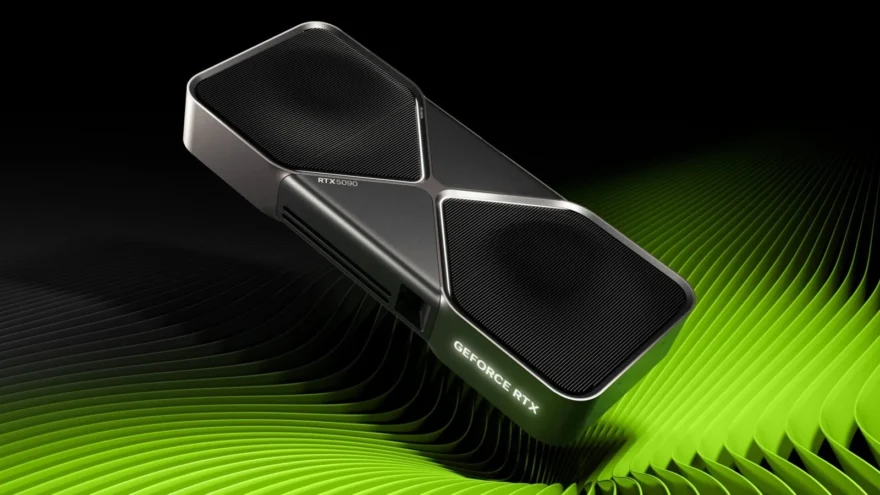NVIDIA Transformer Model Brings Advanced DLSS 4 Features to All RTX GPUs

NVIDIA continues to push the boundaries of gaming graphics with its DLSS (Deep Learning Super Sampling) technology, which leverages artificial intelligence to enhance image resolution. Now, with the upcoming DLSS 4, NVIDIA is introducing a new Transformer model that promises unprecedented visual realism.
Unlike the current DLSS technology, which relies on CNNs (Convolutional Neural Networks) to enhance frame details locally, the Transformer model evaluates all pixels in a frame, analyzing their importance and relationships. This comprehensive approach, applied across multiple frames, results in more detailed and realistic pixels, improving overall image quality.
Key Features of the Transformer Model
The new model uses twice as many parameters as CNNs, ensuring:
- Greater image stability.
- Significant reduction in ghosting (trails left by moving objects).
- Less shimmering on edges.
Demonstrations in games like Alan Wake 2 reveal sharper details, even in complex scenes with fast-moving objects.
Compatibility Across RTX Series
A major highlight is that this advanced Transformer model won’t be exclusive to the latest RTX 50 GPUs. Instead, it will also enhance the performance of NVIDIA’s RTX 20, 30, and 40 series. However, features like multi-frame generation will remain exclusive to RTX 40 and 50 cards.
Additionally, DLSS 4 combined with NVIDIA Reflex technology promises lower latency, delivering a smoother, more responsive gaming experience. Reflex 2, available with RTX 50 GPUs, is expected to push latency reduction even further.








